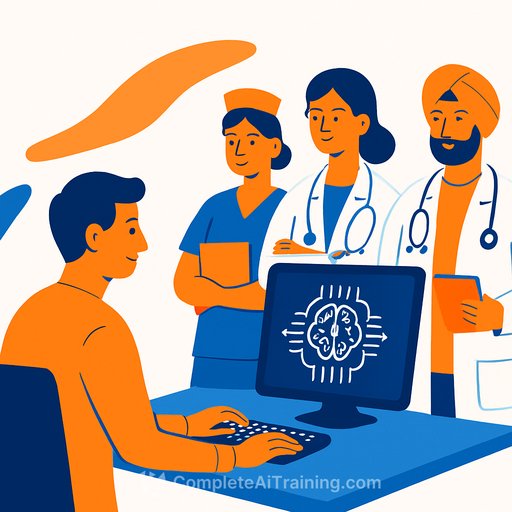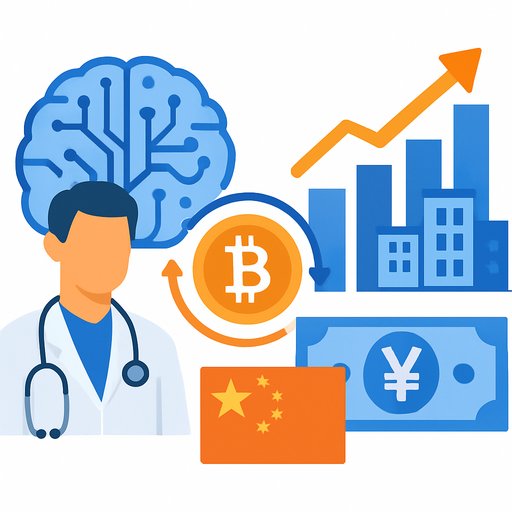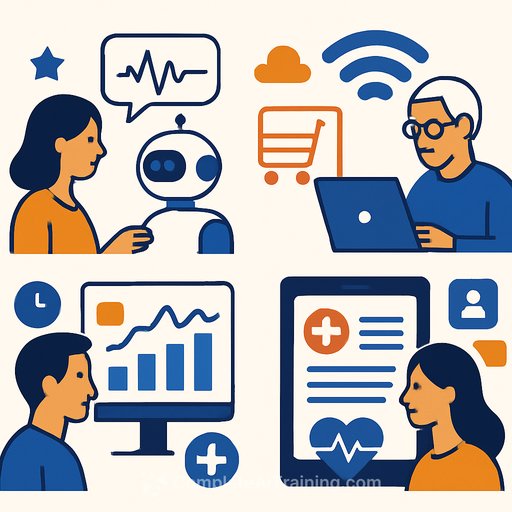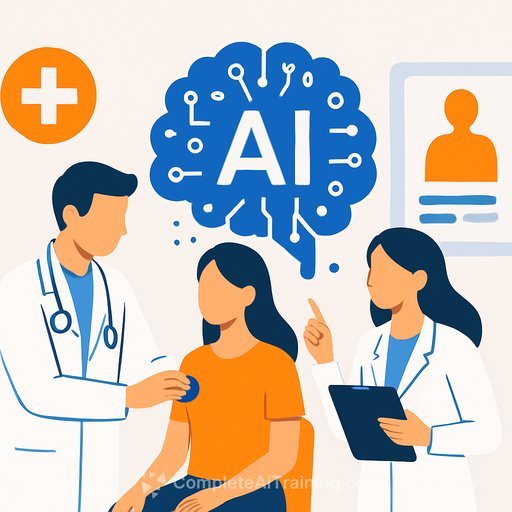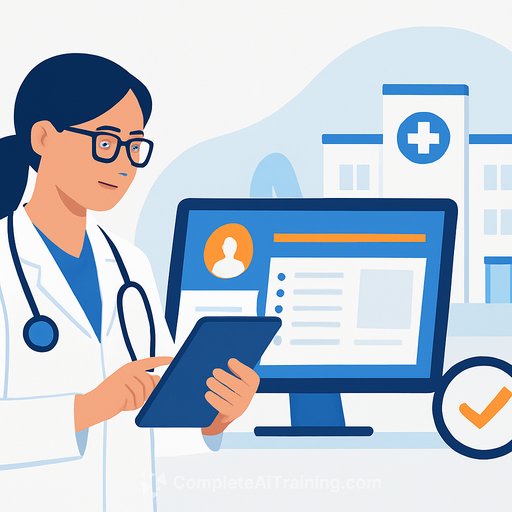Upskilling Healthcare Professionals for the AI Era: Urgent Need or Long-Term Goal?
Artificial intelligence (AI) is becoming an integral part of healthcare delivery across the globe, and India is no exception. According to the Philips Future Health Index (FHI) 2025, 76% of Indian healthcare providers (HCPs) view AI as a catalyst that can improve the quality of healthcare services.
This statistic signals a clear recognition among healthcare professionals that AI can assist in diagnostics, treatment planning, patient monitoring, and administrative tasks. However, for AI to be effective, HCPs must be equipped with the right skills to work alongside these technologies.
Why Upskilling Matters Now
Healthcare is witnessing a shift where AI tools are increasingly integrated into daily workflows. This isn't just about adopting new technology; it’s about adapting clinical practices and decision-making processes.
Upskilling healthcare professionals ensures they can interpret AI outputs accurately, understand the limitations of algorithms, and maintain ethical standards in patient care. Without this knowledge, the risk of misapplication or mistrust in AI tools rises.
Balancing Urgency and Planning
While some argue that upskilling should be an immediate priority to keep pace with AI adoption, others see it as a strategic, long-term investment. The truth lies somewhere in between.
- Immediate training: Basic AI literacy for frontline staff can help them start using AI tools responsibly from day one.
- Ongoing education: More advanced skills and ethical training should be integrated into continuous professional development programs.
This approach allows healthcare systems to benefit from AI while building a foundation for deeper expertise over time.
Challenges in Upskilling Healthcare Providers
Several barriers slow down the upskilling process:
- Lack of standardized AI training programs tailored for healthcare roles.
- Limited time and resources for healthcare workers to engage in additional training.
- Concerns about AI ethics, data privacy, and the reliability of AI-driven decisions.
Addressing these challenges requires collaboration between healthcare institutions, technology developers, and training providers.
How Healthcare Professionals Can Prepare
HCPs interested in AI should start by building foundational knowledge related to AI concepts, applications, and limitations. This can be achieved through online courses, workshops, and certifications focused on AI in healthcare.
For those looking to explore relevant training options, platforms like Complete AI Training offer courses specifically designed for healthcare roles. These programs cover practical AI applications, ethical considerations, and hands-on skills.
Conclusion
AI holds the potential to enhance healthcare quality in India and worldwide, but this potential can only be realized if healthcare professionals are properly trained. Upskilling is both an urgent task and a long-term commitment. Starting with basic AI literacy and progressively deepening expertise will enable HCPs to provide better care while ensuring ethical and effective use of AI technologies.
Your membership also unlocks:

